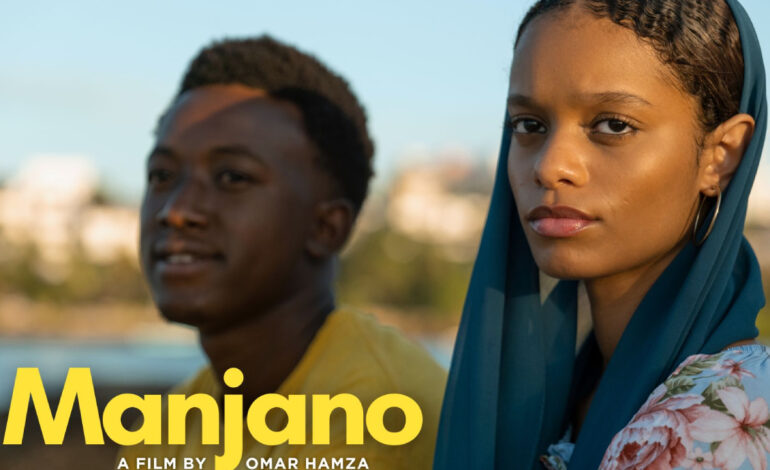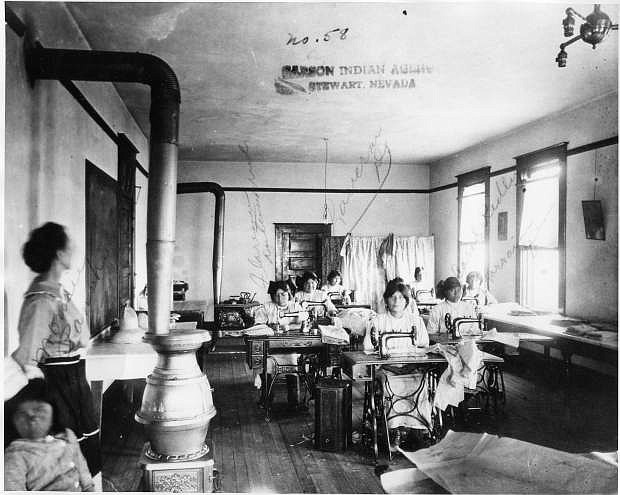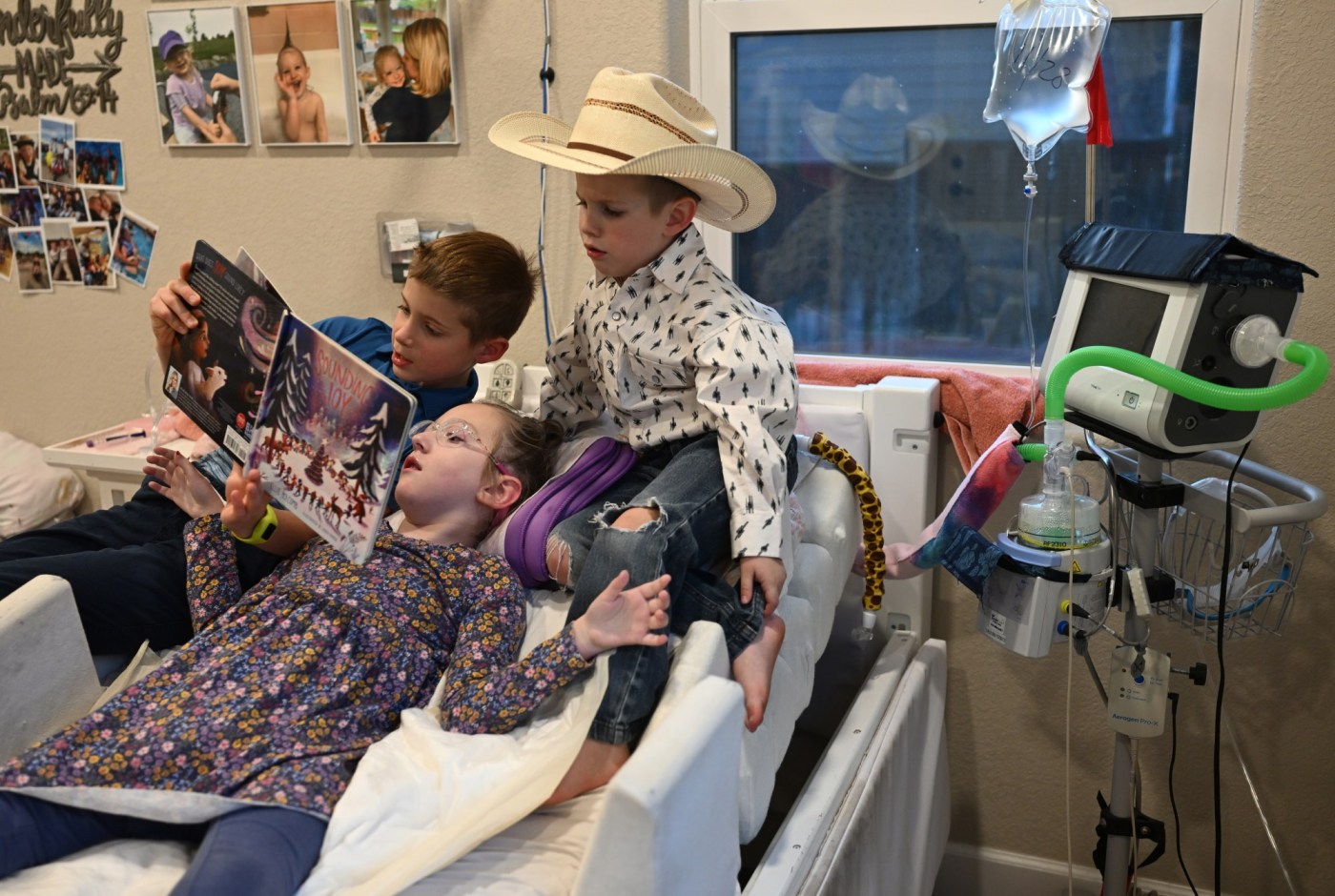Next Generation African Filmmakers Showcase Diverse Stories at Locarno

Innovative African filmmaking takes center stage at the upcoming Locarno Film Festival, where the Open Doors initiative will spotlight emerging talents from the continent. Scheduled for August 7-12, 2025, the program features a diverse lineup of films that tackle themes ranging from queer romance to Afrofuturism, underscoring the unique storytelling perspectives of the next generation of African directors.
Among the promising films are the queer romance “Kachifo, Till The Morning Comes,” set in Nigeria, the Johannesburg funeral farce “Death & Its Friends,” and the feel-good heist film “The Color Yellow” (“Manjano”). Directed by Dika Ofoma, “Kachifo” is produced by Blu House Studios under the leadership of Blessing Uzzi, known for the acclaimed film “Freedom Way.” This film explores a love story that transcends time and societal norms, reflecting the challenges of queer relationships in contemporary Nigeria.
Producers are optimistic about the potential impact of their films. Kudi Maradzika, who produced “Death & Its Friends,” describes the film as “‘Parasite’ meets ‘Triangle of Sadness,’ a darkly comic family drama about grief and survival.” Set against the backdrop of a complex family dynamic, the film offers a humorous yet poignant look at inheritance and the lies we tell ourselves.
Another notable project, “The Color Yellow,” comes from Giza Visuals, led by writer-director Oscar Hamza and producer-screenwriter June Wairegi. This film combines elements of romance and heist action, presenting a refreshing narrative that stands in contrast to conventional portrayals of African cinema.
The Open Doors program also brings attention to several other significant projects. “Princess Téné,” which won the top development award at the Atlas Workshops, is amongst the films presented by Moustapha Sawadogo from Burkina Faso. Additionally, “The Bilokos” offers an insider’s documentary perspective on the lives of ex-combatants in the Democratic Republic of Congo, highlighting the human stories behind the conflict.
The importance of social realities in African storytelling is evident across the Open Doors selections. Director Azata Soro emphasizes this in her project, “Diary of a Goat Woman,” stating it serves as her personal exploration of the roles imposed on women in society. Similarly, Leul Shoaferaw presents “The Headstone,” a coming-of-age narrative set against a backdrop of sociopolitical change.
While Open Doors showcases a plethora of talent, it notably avoids the trope of “poverty porn.” Directors like Naishe Nyamubaya strive to portray Africa’s rich cultural tapestry through films like “Black Snake,” which combines grounded drama with elements of magical realism. Nyamubaya describes the film as a bold reflection of a nation in search of identity.
Challenges persist for African filmmakers, particularly in securing financing for their projects. A panel at Locarno on August 9 will address these issues, focusing on potential solutions to improve funding access for filmmakers across the continent. Despite these obstacles, some producers successfully navigate the landscape, combining film and television production to broaden their reach.
The current landscape indicates a growing need for diverse content in the African entertainment market. Daoud Jackson, an analyst at Omdia, notes that the limited presence of streaming services in Africa hampers content availability. He highlights the necessity for a robust ecosystem of multiple players to support local productions that resonate with audiences.
As many of the featured filmmakers prepare for their debuts, they are determined to present stories on their own terms. For instance, Rickey Bahati, director of “The Bilokos,” aims to portray ex-combatants with dignity, focusing on their resilience rather than reducing them to mere victims of circumstance.
With films like “The Color Yellow,” which challenges stereotypes by portraying young African love in a vibrant light, filmmakers are redefining narratives and offering a fresh perspective to international audiences. Hamza emphasizes the importance of uplifting stories that celebrate the continent’s youth and creativity.
In sum, the Open Doors initiative at the Locarno Film Festival stands as a pivotal platform for Africa’s next generation of filmmakers. With a rich array of projects that reflect both contemporary issues and cultural heritage, the festival promises to broaden the global understanding of African cinema and its potential.





